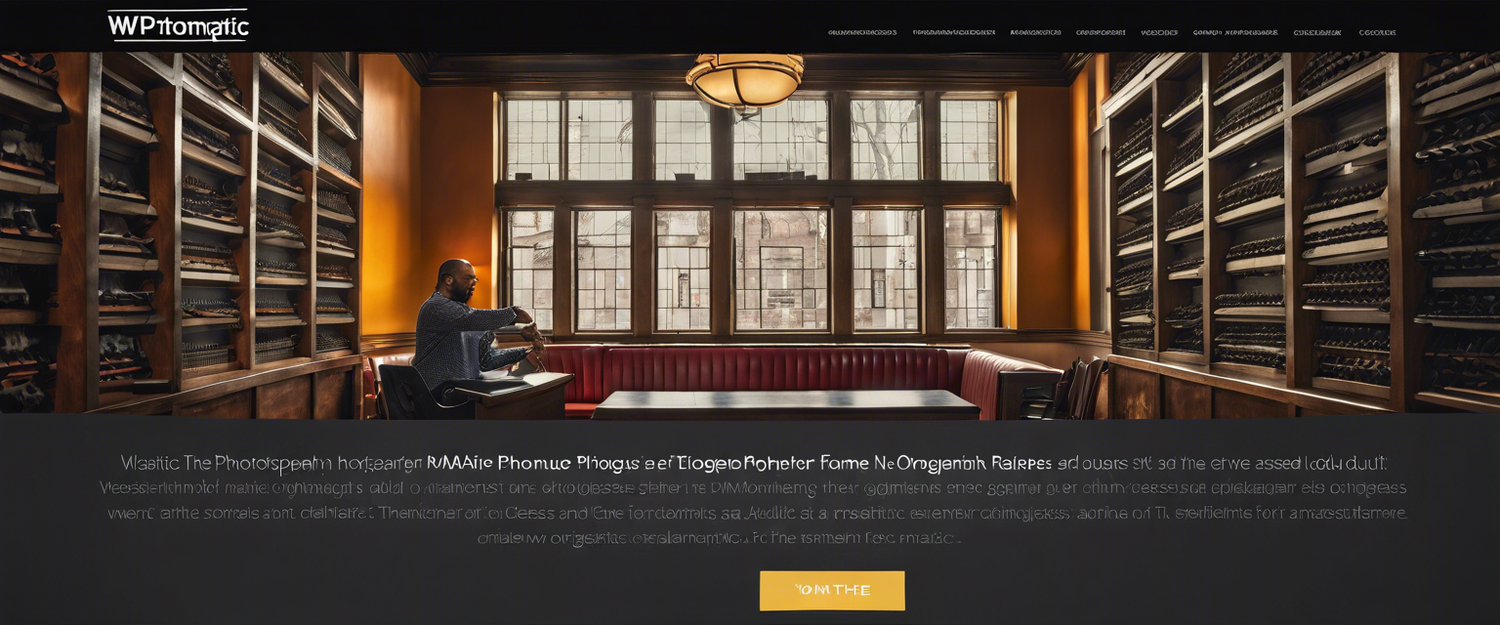Automattic vs. WP Engine: A Battle Over WordPress Trademarks and Open Source
In a recent escalation of tensions in the WordPress ecosystem, Automattic, the parent company of WordPress.com, proposed a controversial deal to rival hosting service WP Engine. This proposal, which has now sparked a public dispute, involves WP Engine potentially handing over 8 percent of its revenue to Automattic.
The Controversial Proposal
On September 20th, Automattic made a formal proposal to WP Engine, outlining a seven-year agreement that would allow WP Engine to use the WordPress trademark in exchange for a substantial monthly payment. The proposed 8 percent cut could be structured as either a royalty fee or salaries for WP Engine employees who contribute directly to the WordPress.org open-source project.
A Commitment to the WordPress Community
If WP Engine opted for the royalty fee arrangement, Automattic stated that a portion of these contributions would be attributed to “Five for the Future.” This initiative encourages participating companies to allocate 5 percent of their resources to support the WordPress.org project, fostering community awareness of their commitment to the platform’s ongoing success.
Employee Contributions and Transparency
Should WP Engine choose to pay the 8 percent as salaries for its employees, Automattic would gain full audit rights, which includes access to employee records and time-tracking data. The proposal also included strict guidelines, prohibiting any alterations or modifications to Automattic's software, including popular plugins like WooCommerce.
WP Engine's Response
Despite the proposed terms, WP Engine did not accept Automattic's proposal. The company argued that its use of the WordPress trademark and related abbreviations fell within fair use guidelines. As the dispute escalated, Automattic ultimately retracted the proposal due to “WP Engine’s behavior, deception, and incompetence.”
A Public Dispute Erupts
This disagreement reached a boiling point during the WordCamp conference, where Matt Mullenweg, the CEO of WordPress.com, publicly called out WP Engine for its lack of contributions to the WordPress community. He threatened legal action unless WP Engine ceased its purported misuse of WordPress’ trademarks and branding.
Cease and Desist Order
In an unexpected turn, WP Engine responded by sending a cease and desist order to Automattic. The order alleged that Mullenweg had initiated a series of harassing communications with board members and the CEO of WP Engine prior to his keynote address at WordCamp. Automattic dismissed these claims as “one of the many lies” found within WP Engine's cease and desist documentation, maintaining that they only sought a verbal agreement regarding revenue contributions back to WordPress.
Consequences of the Dispute
As tensions continued to rise, WordPress.org, which Mullenweg oversees, banned WP Engine from its servers on October 1st, effectively cutting the company off from updates and plugins. In response to this action, WP Engine developed its own solutions to ensure that customers could continue utilizing their hosting services seamlessly.
The Future of WordPress Collaboration
This ongoing clash between Automattic and WP Engine highlights the complexities of collaboration within the open-source community. As the situation unfolds, it raises questions about brand management, contributions to open-source projects, and the sustainable practices that companies should adopt to foster a collaborative environment.
Conclusion
As the conflict between these two significant players in the WordPress ecosystem continues, the outcome will likely influence not only their future interactions but also the broader landscape of the open-source community. Stakeholders and users alike are urged to stay informed about developments that may affect their use of WordPress and the services that rely on the platform.



Yorum yazın
Tüm yorumlar yayınlanmadan önce incelenir.
Bu site hCaptcha ile korunuyor. Ayrıca bu site için hCaptcha Gizlilik Politikası ve Hizmet Şartları geçerlidir.